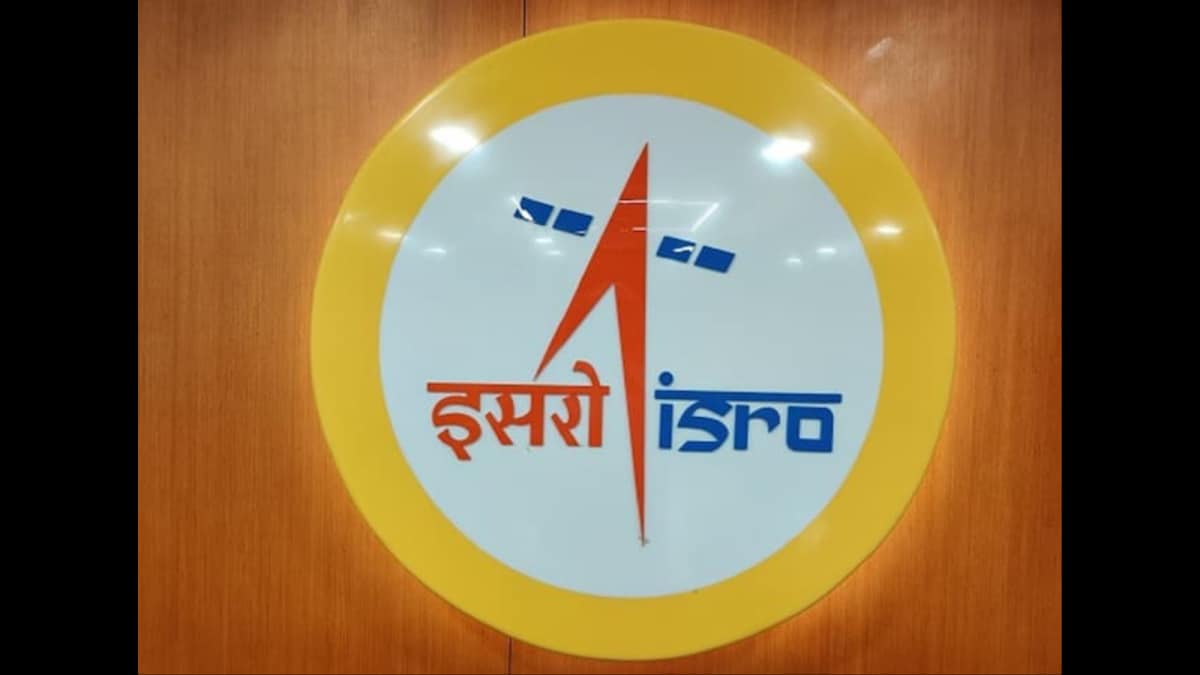Last Updated:
The government has already approved the interplanetary mission with a cost of Rs 1,236 crore, out of which Rs 824 crore will be spent on the spacecraft to orbit Venus.

The space agency has also shortlisted 12 scientific payloads for the mission so far including a Venus S-band SAR, thermal camera, advanced radars, as well as plasma wave detector to study Earth’s sister planet. (ISRO)
Building momentum for its next interplanetary mission, the Indian Space Research Organization (ISRO) has invited research proposals from scientists to analyse the existing archival Venus mission data, aiming to unlock new scientific insights as it prepares for India’s first Venus Orbiter Mission (VOM) targeted for launch in 2028.
The space agency has also shortlisted 12 scientific payloads for the mission so far including a Venus S-band SAR, thermal camera, advanced radars, as well as plasma wave detector to study Earth’s sister planet. The government has already approved the mission, with an approved cost of Rs 1,236 crore, out of which Rs 824 crore will be spent on the spacecraft. It is targeted for launch in March, 2028 depending on the preparations and available launch windows.
Recommended Stories
The plan is to place a satellite in orbit around Venus – 38 million km away to collect observations about its surface, sub-surface, atmospheric processes as well as interactions with the Sun. Venus – the brightest planet visible from Earth, is also the nearest planetary neighbour. “The mission would provide an opportunity to the technologists and scientific community of our country to further explore and understand Venusian science, and is expected to answer some of the outstanding scientific questions,” Union Minister of State for Space, Dr Jitendra Singh had earlier told Parliament.
The Announcement of Opportunity issued by the space agency on Wednesday urged scientists to limit their focus on specific research areas: Venus’s surface and subsurface features, geological mapping and mineral composition, atmospheric structure and dynamics, ionospheric behavior and its interaction with solar wind, as well as atmospheric and ionospheric modelling.
Scientists working in any institutions across India can send their proposals to the Science Programme Office, at the ISRO Headquarters in Bengaluru by November 15. However, only those with at least four years of service left before retirement are eligible to lead the project as Principal Investigators (PIs). The space agency also clarified that the financial support will be limited, and the selected proposals will get only funding for a research student’s salary, computational resources, contingencies, and travel to attend project meetings and workshops.
The project duration is set for three years from the release of funds. The principal investigators will be required to present their findings at a dedicated Venus Science workshop that the space agency will organise, and also urged researchers to publish their findings in peer-reviewed journals and share results at national and international scientific platforms.
About the Author

Srishti Choudhary, Senior Assistant Editor at CNN-News18 specializes in science, environment, and climate change reporting. With over a decade of extensive field experience, she has brought incisive ground repo…Read More
Srishti Choudhary, Senior Assistant Editor at CNN-News18 specializes in science, environment, and climate change reporting. With over a decade of extensive field experience, she has brought incisive ground repo… Read More
September 26, 2025, 10:50 IST
Loading comments…
Read More



